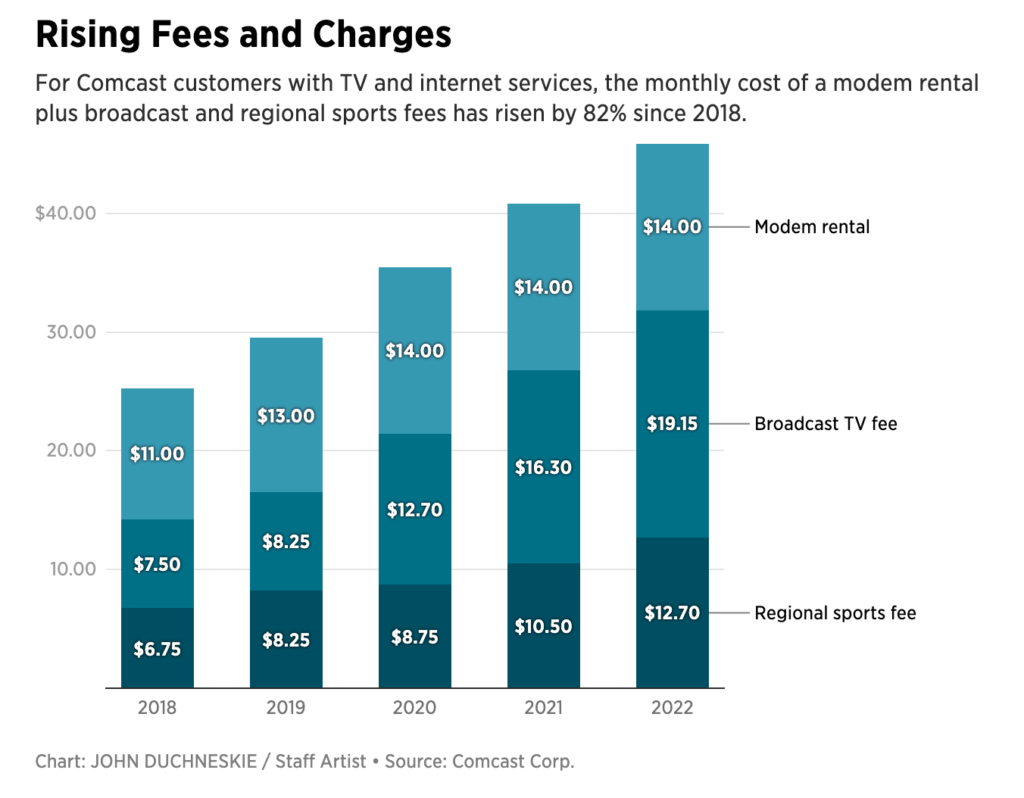Enhancing Wireless Functionality and Stability in Residential Units for Improved Resident Contentment
Wiki Article
Within multi-unit units (MDUs), including apartment complexes and condo complexes, tenants often face challenges related to WiFi performance and dependability. With an increasing number of people rely on the web for employment, education, and entertainment, ensuring that occupants have availability to a robust and consistent WiFi connection is critical. Weak WiFi connections can result in frustration, decreased productivity, and overall discontent among tenants. Consequently, property managers and landlords must comprehend how to enhance WiFi functionality to enhance tenant satisfaction.
Initially, actions in enhancing WiFi performance in MDUs is to conduct a thorough site assessment. This assessment aids identify areas with weak signals and potential sources of disruption, like thick walls or electronic devices. Through comprehending the design of the structure and the particular needs of residents, property managers can make educated choices about the placement of access points. Strategic placement of these units can assist guarantee that WiFi service is strong and consistent throughout the complex, enabling residents to connect seamlessly from their apartments.
Another important element in optimizing WiFi functionality is choosing the appropriate equipment. High-quality routers and access points designed for crowded settings can considerably enhance WiFi performance. These devices are designed to manage multiple connections at once, making them perfect for the needs of an MDU. Additionally, implementing a system that functions on both the 2.4 GHz and 5 GHz bands can provide occupants with better options for linking. The 2.4 GHz WiFi optimization for multi unit buildings band encompasses a larger area but may be slower, while the directory 5 address GHz band provides faster speeds across shorter distances, helping Website to equalize functionality and coverage.
Regular maintenance and updates play a crucial role in ensuring WiFi dependability. Building managers should schedule regular inspections on equipment to verify it is operating properly. This entails refreshing firmware and software to improve performance and security. Additionally, monitoring internet load can help detect any problems prior to they become significant issues. Through proactively managing the WiFi network, building managers can ensure that tenants enjoy fewer interruptions and a more dependable link.

Finally, communication with tenants is essential for optimizing WiFi functionality in MDUs. Providing clear information about how to connect to the internet, as well as advice for improving personal gadget connections, can enable occupants to enhance their personal satisfaction. Additionally, property managers should invite input from residents about WiFi functionality. This information can be extremely useful in detecting areas for improvement and making certain that the WiFi system continues to meet the evolving needs of the residential area. By focusing on these approaches, building managers can create a superior living environment that fosters tenant satisfaction through reliable and efficient WiFi access.